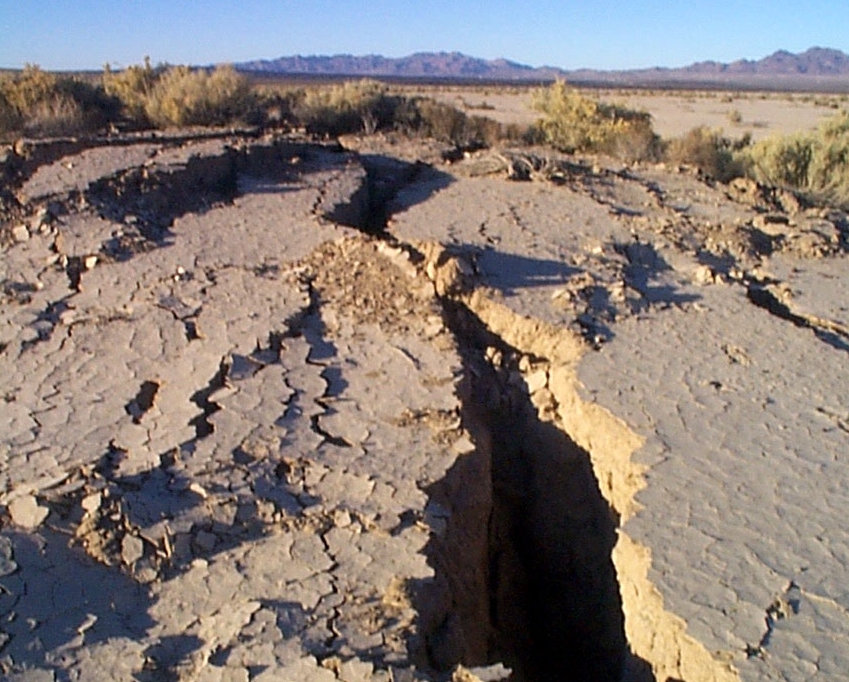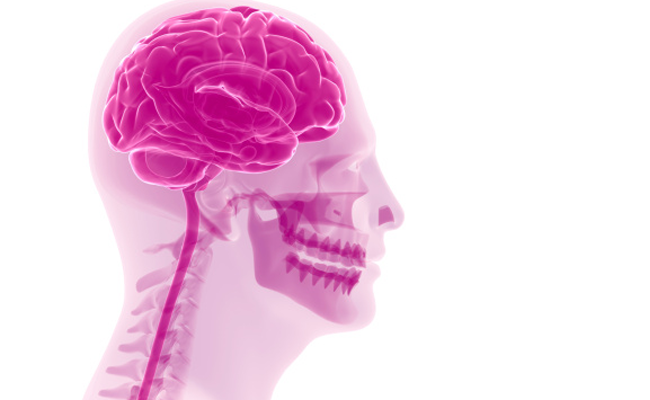Body
20 Results
-
Robotic Exoskeletons for Disabled People

What if there was a way for a a paralyzed person to walk? In this article, your students can learn about the research being done to deveop a robot that can help with just that!
-
Jellyfish in a Bottle
Help your child learn about jellyfish by making your own! Note how the jellyfish moves through the water.
-
Bodies the Exhibition
This exhibition is a great place to take kids to learn about the inner workings of their body in a unique and creative way.
-
The Health Museum
Do you want your kids to learn more about how to take care of their bodies? At the John P. McGovern Museum of Health and Medical Science, they can do just that! Learning about health and nutrition is fun at this educational museum—your kids get to take a hand on walk through the human body. In addition to the exciting exhibits on display in this museum, they can dissect an organ, or even take a mini science class. Take your kids to the Health Museum today!
-
Smithsonian National Museum of Natural History
In the Forensics Lab at the Smithsonian Museum of Natural History, students can study real human bones from the past to identify gender and draw conclusions about their lives. In the Fossil Halls, find out how scientists use dinosaur fossils to learn about their biology and evolution. Also features an IMAX theater. The museum offers free admission and is open seven days a week.
-
How the Body Works: Skin and Hair

Think you know your skin? Think again! Do this activity to see how many parts of your skin and hair you can name!
-
How the Body Works
Check out this cool activity on how different parts of the body work! Test your knowledge to see if you can complete the quizzes on each part of the body!
-
Brain Basics

The brain is divided into six major parts. Any damage to any of the parts can cause problems in the body. In this activity ,move your mouse over each part to see what its function is …
-
Brain-Anatomy and Function

Did you know that the hypothalmus controls your bodies homeostasis? Any problem to the hypothalmus can cause hormone imbalances and inability to control your body temperatures. Check …
-
Modeling the Nervous System

A neuron is a nerve cell used to transmit information by electrical and chemical signaling. Did you ever wonder what a neuron looks like? Well now is your chance to create your very o…
-
International Museum of Surgical Science
Are your students interested in medicine? Bring them to the International Museum of Surgical Sciences! They have a lot of educational and interactive exhibits here. Students can see preserved, whole human bodies and organs. They can also take part in an amputation demonstration.
-
How The Body Works: The Heart

How well do you think you know your own heart? Do this activity and see how many parts of the heart you can name!
-
Audiologist Career Overview
Have you ever had a problem with hearing or ear problems? The person who you went to for that check up was an audiologist! See how you can pursue a path to become an audiologist!
-
Interview with a Radiologist

Have you ever seen The Hulk? The doctor turns into a horrific green monster after he is exposed to gamma radiation? Well radiologists do not necessarily work with direct gamma radiati…
-
Professor Discovers New Human Body Part
Have you heard of the Dua's Layer? Here's a hint: it's part of your body! We thought we knew every little part of our bodies already, but a professor just recently discovered this on…
-
Travel on an Anatomical Safari
Children will be able to learn about the biology, zoology and physiology of different animals. Experts will guide them through this educational journey.
-
Olympic Snowboarding with Prosthetics
What if you were an avid snowboarder, but one day a tragic disease or accident caused you to lose one or both of your legs? With the advancement in prosthetic devices, many snowboard…
-
The Great Whales

Children have the opportunity to make a blubber glove. They can learn how whales can keep warm in cold weather.
-
Be Glad You are Not a Cyclops!

Having only one eye would make life more difficult for humans, and it’s no different with robots. Have your students read why two robot eyes are better than one.
-
The Musculoskeletal System

How do we move? What gives us support when we walk around, run, and sit down? The musculoskeletal system works together to give the body movement and support as well as protecting the…

















